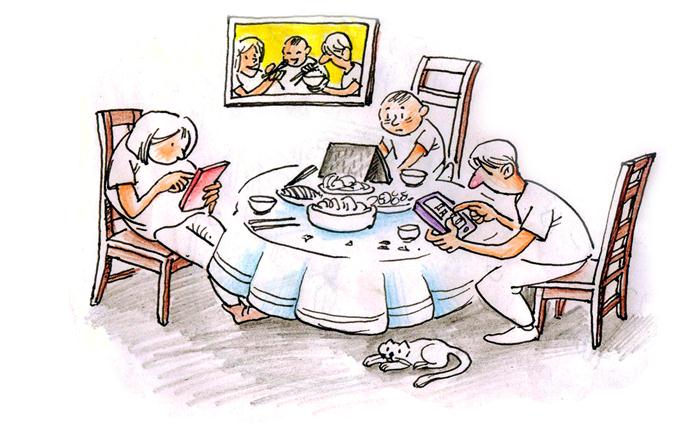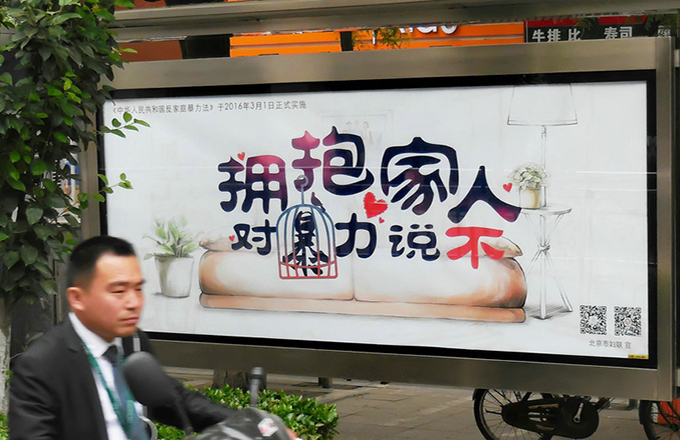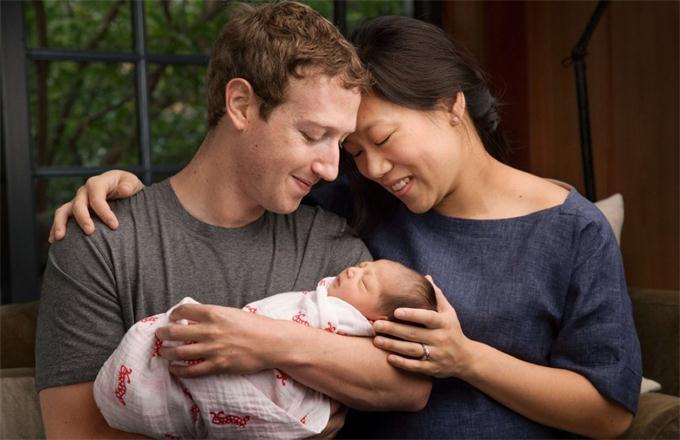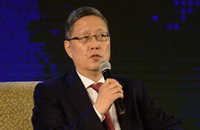Iran on zig-zag path to relieve from hardship
|
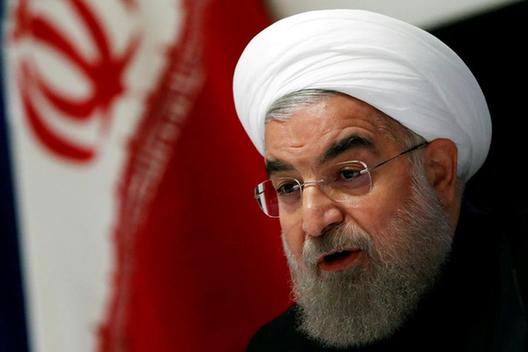 |
|
Iranian President Hassan Rouhani takes part in a news conference near the United Nations General Assembly in the Manhattan borough of New York, US, September 22, 2016. [Agencies] |
In the lead-up to the upcoming presidential election in May 2017, incumbent President Hassan Rouhani should address a number of major challenges still lingering in the consciousness of the Iranian society, Iranian experts said.
Rouhani won Iran's presidential election in June 2013 with a promise to end the period of economic hardship for the middle and lower strata of the Iranian society, to ease political tension in Iran's foreign policy and to get engaged with international interactions.
Now, three and a half years have passed and, to gather the favor of people in the next remaining months, he has to get to grips with the questions pertaining to his performance outside and inside of the country.
Iranian political experts believe that the president's responses should shed light on key issues, including the results of the nuclear agreement and its economic impacts, meaningful political and economic reforms inside the country, Iran's regional and international roles, and its interaction with the international community as the core slogans during Rouhani's presidential campaign.
FEEDBACK OF NUCLEAR DEAL AS ECONOMIC CHALLENGES
A few months after Rouhani took office in August 2013, Rouhani's Foreign Ministry was engaged in a marathon of negotiations with the six world powers to settle Iran's controversial nuclear issue, which resulted in the clinch of a deal in July 2015 implemented in January 2016.
The deal set limits on Iran's nuclear activities and allowed regular inspections of the facilities inside the Islamic republic. In return, the US and the European Union agreed to suspend nuclear-related sanctions against Iran.
The public expectation was to see improvements in the economy and living standards as the natural results of the nuclear deal which the administration of Rouhani was enthusiastically talking about.
Despite the government's official figures of lowering the rate of inflation to single digit and dealing positively with the recession, people are still waiting for a touch of change and tangible improvements in their daily life.
The public opinion is seeking the response to this question of how curbing inflation and recession would solve the problem of unemployment the rate of which has increased from about 10.8 percent to 12 percent in the aftermath of the nuclear deal.
Saeed Hajjarian, an Iranian reformist political analyst, commented that an important challenge for Rouhani in the remaining time of his presidency is "to do his utmost effort to increase the growth rate to above 2 percent."
If this happens, "it would be as a tangible evidence for his economic performance during his stay in office" which can settle a number of social issues, Hajjarian was quoted as saying by Etemed newspaper on Dec. 6.
Besides, Rouhani should do changes in bureaucratic systems of administration to promote transparency and prevent corruption in payment regimes, Hajjarian said, alluding to the recent debates in Iran over the "unconventional salaries" of some managers in the government.
Another problem that Rouhani has to deal with is "to finalize new model for oil contracts to attract foreign investments," the Iranian political analyst said, adding that Iran has to increase its crude exports to 6 million barrels per day (bpd).
The Iran Petroleum Contract (IPC) is the country's new oil contract model which has raised disputes surrounding the legitimacy of the contract.
And above all, most of the Iranians believe that the existing problems in Iran's international banking operations have almost remained intact in the aftermath of the nuclear deal due to the US pressures.
They say that the international companies' fear of the US punishments, in case of getting involved in Iran's projects, has dampened the investment mood and has created hurdles for companies' engagement.
"The United States has been obstructing any improvement in Iran's foreign trade and blocking any economic advantage that the Islamic republic could have derived from the post-JCPOA (or nuclear deal) conditions, thus, practically proving that containing Iran is still more important to the United States than the implementation of the JCPOA," Hossein Kebriaeezadeh, an expert on Middle East issues, said.
"The clear warning Iran has given to the West about rapid return to pre-JCPOA conditions, if the United States continues to breach its promises, shows that the understanding of Iran's moderate decision-makers of the nuclear case has undergone tangible change," Kebriaeezadeh was quoted by IRAN REVIEW as saying.
Although dozens of international companies have visited Iran since the summer of 2015 and signed preliminary agreements with Iranian companies in diverse areas of cooperation, many of them are still waiting for new developments in the relations between Iran and the West, particularly with the United States, to sign final deals.
These kinds of developments have resulted in questioning the benefits of the JCPOA, and without a doubt these have worked in favor of Rouhani's rivals.







